Republican Presidential Candidates on Crime and Guns
Where the Republican Candidates Stand on Crime and Guns
During the Trump administration, decades of “tough on crime” policies bent to what looked like a new approach: Congress passed a bipartisan criminal justice reform bill called the First Step Act, and figures on both the left and the right called for more changes. But with crime rates up in parts of the country, many Republicans are reverting to a sterner approach. The candidates also overwhelmingly want more police officers on the streets and oppose new gun laws.
He signed criminal justice reforms, but has endorsed extreme responses to criminal acts.
While his signing of the bipartisan First Step Act as president was a major turn away from “tough on crime” policies, Mr. Trump has repeatedly taken hard-line positions on crime that extend beyond the boundaries of the law.
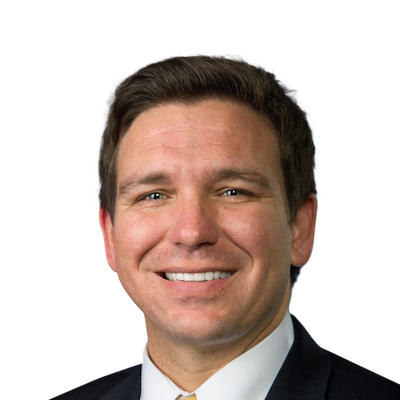
He wants to repeal the First Step Act and remove progressive prosecutors, as he has in Florida.
Gov. Ron DeSantis of Florida has positioned himself to the right of Mr. Trump, vowing to repeal the First Step Act, despite his voting for an early version in Congress. It “has allowed dangerous people out of prison who have now reoffended and really, really hurt a number of people,” he told the conservative commentator Ben Shapiro, though at least one study has found that people released under the act have a below-average recidivism rate.

He supports the First Step Act and some police reform, along with higher penalties for violent crimes.
“The legislation is working the way it was intended to.”

He wants to put more people in mental institutions and make it harder to sue police officers.
Vivek Ramaswamy said at the first Republican debate that he would add more police officers and make it harder to sue them.

She reduced incarceration and recidivism in South Carolina.
As a presidential candidate, Nikki Haley has mostly stuck to broad promises of supporting the police, getting “illegal guns off the street” and making progressive district attorneys “prosecute according to the law.”
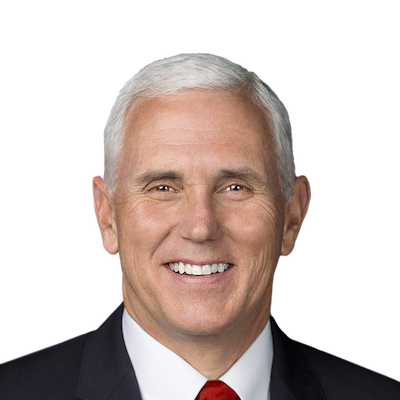
He once supported the First Step Act and red-flag laws, but has retreated from both.
“We’ve got a crime wave in our major cities, and I think now more than ever we ought to be thinking about how we make penalties tougher on people.”
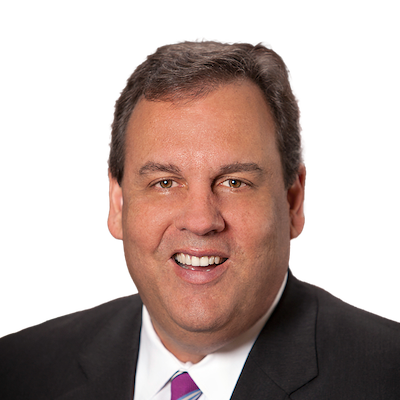
He wants less incarceration for drug-related crimes, but more for violent crimes.
Former Gov. Chris Christie of New Jersey has emphasized that the government should prioritize treatment over incarceration for drug-related crimes.
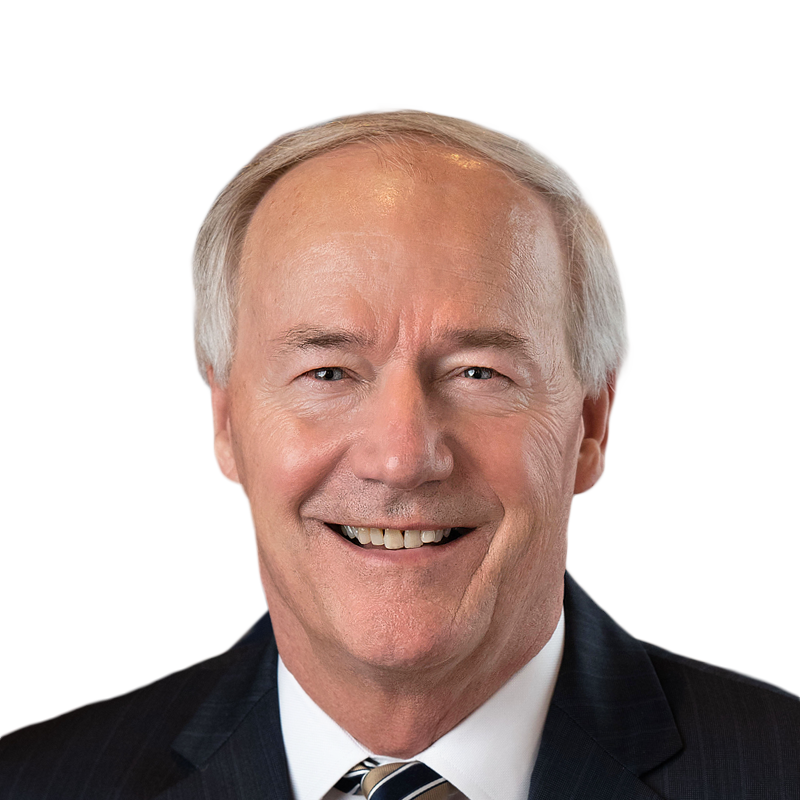
He wants to increase access to addiction counseling.
Asa Hutchinson, a former U.S. attorney and former head of the federal Drug Enforcement Administration, discussed in the first Republican debate the need to “enforce the law when it comes to crime” and “deal with the challenge of fentanyl.” He outlined one specific step: increasing access to addiction counseling. His campaign did not respond to a request for more details.
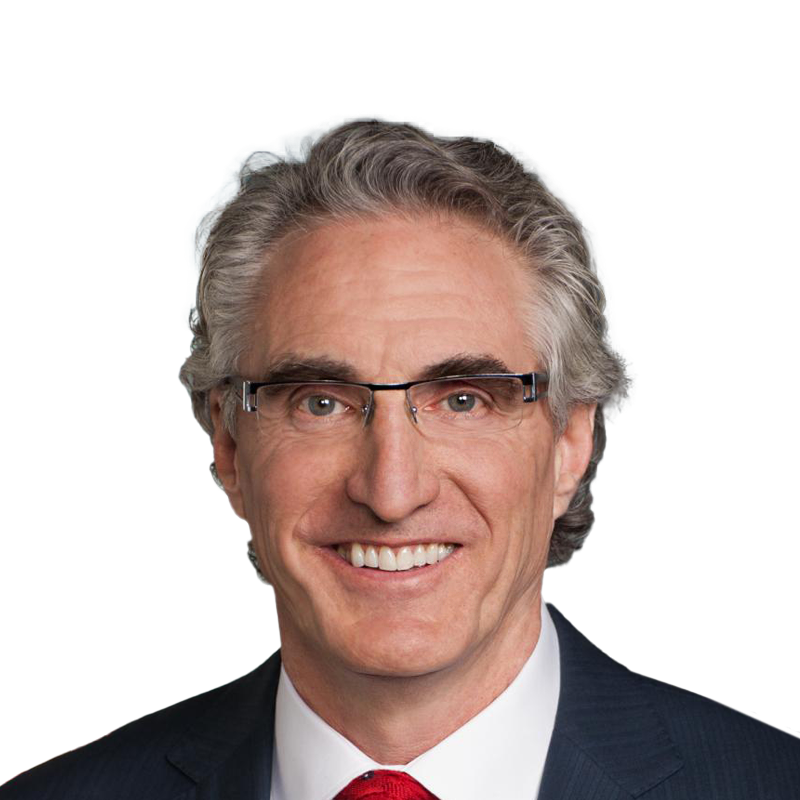
He has signed several criminal justice reforms as governor.
As governor of North Dakota, Doug Burgum has signed bills eliminating mandatory minimum sentences for some drug crimes and lowering drug possession from a felony to a misdemeanor. He also reduced penalties for technical parole violations, increased funding for addiction treatment and delayed when in the hiring process employers can ask about criminal records.
Read the full article Here


